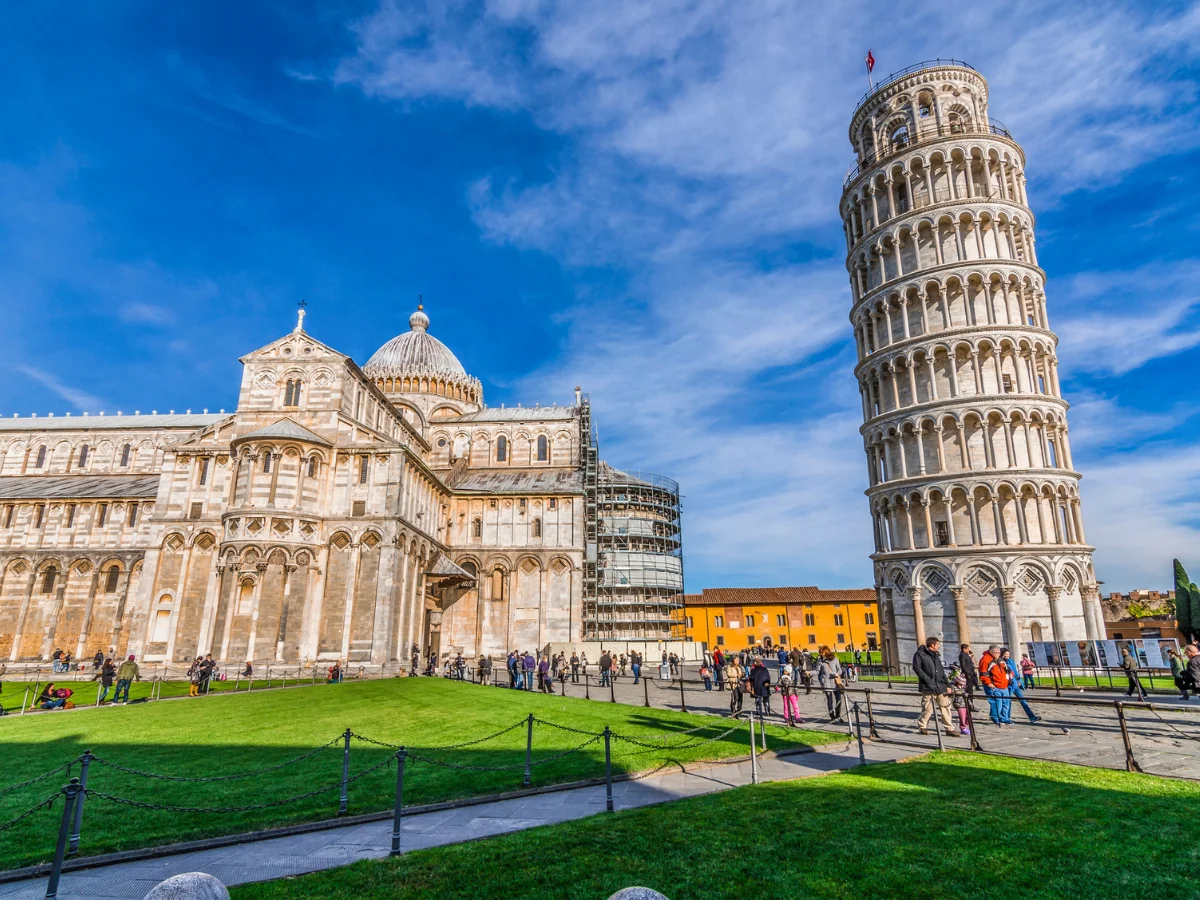Renowned astronomers in Ancient Rome
Renowned astronomers in Ancient Rome like Claudius Ptolemy and Gaius Julius Hyginus made significant contributions to celestial knowledge. Pliny the Elder documented celestial phenomena in his work “Natural History.” Astronomical principles were integrated into various fields, with Marcus Vitruvius Pollio discussing their alignment in architecture. The philosophical insights of Seneca the Younger and the mathematical perspectives of Marcus Terentius Varro enriched Roman understanding of the cosmos. Firmicus Maternus delved into astrology, intertwining it with astronomical observations.

Renowned astronomers in Ancient Rome
Some Famous Astronomers from Ancient Rome
Claudius Ptolemy
Ptolemy, a Greek astronomer based in Alexandria, Egypt, during the 2nd century AD, is renowned for his work “Almagest,” which presented a geocentric model of the universe.
Gaius Julius Hyginus
Hyginus, a Roman author and scholar, compiled “De Astronomia,” a comprehensive treatise on astronomy that served as a significant source of astronomical knowledge in ancient Rome.
Manilius
Manilius, a Latin poet of the 1st century AD, explored celestial phenomena and astrological beliefs in his didactic poem “Astronomica,” reflecting the integration of astronomy and astrology in Roman culture.
Marcus Terentius Varro
Varro, a Roman scholar and polymath, made contributions to various fields. Including astronomy, although much of his astronomical work is lost to history.
Seneca the Younger
Seneca, a Roman Stoic philosopher and statesman, reflected on celestial bodies and their significance in the cosmos in his philosophical treatises. Contributing to Roman philosophical understanding of astronomy.
Marcus Vitruvius Pollio
Vitruvius, a Roman architect and engineer, included astronomical principles in his influential work “De Architectura,” discussing the alignment of buildings with celestial bodies.
Firmicus Maternus
Firmicus, a Roman astrologer of the 4th century AD, wrote “Mathesis,” a treatise on astrology that also contained valuable astronomical observations, despite its primarily astrological focus.
Cleomedes
Cleomedes, a Greek astronomer living in the 2nd century AD, wrote “On the Circular Motions of the Celestial Bodies,” discussing various astronomical phenomena, such as eclipses and planetary motions.
Theon of Smyrna
Theon, a Greek philosopher and mathematician of the 2nd century AD, wrote commentaries on earlier astronomical works. Aiding in the preservation and dissemination of ancient astronomical knowledge in the Roman world.
These astronomers from ancient Rome and its surrounding regions contributed to the understanding and documentation of celestial phenomena. Leaving a legacy that influenced both scientific and philosophical thought in the Roman Empire.



